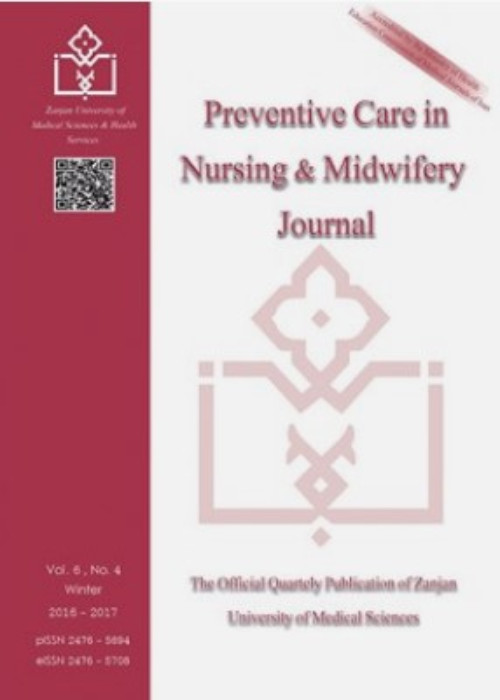Assessing the quality of receiving patients’ informed consent in the surgical wards of hospitals affiliated to Zanjan University of Medical Sciences
Informed consent is the cornerstone of medical ethics and is related to four out of ten articles of the patient's legal charter, aimed at supporting the patient and clarifies ethical principles in the physician-patient relationship.
The purpose of this study was to assess the quality of receiving patients’ informed consent in the surgical wards in Zanjan University of Medical Sciences.
In this descriptive cross-sectional study, all patients, admitted to surgical wards of public hospitals in Zanjan, were selected through stratified random sampling method. Data were collected after admission and before surgery, using a questionnaire designed according to library studies and considering Sheikh Taheri et al.’s study in two sections: general and specific. Mann-Whitney and Kruskal-Wallis tests were used to analyze the results. The content validity method was used to determine the validity, and the reliability of the questionnaire was evaluated by internal reliability using Cronbach's alpha coefficient.
The number of patients was 400 (211 males and 189 females) and their mean age was 33.78. The results showed that 24% of the samples rated as “appropriate” the process of signing the consent form, and 19% of them considered the status of information submission appropriate. Three percent of the respondents regarded the comprehensibility of the questionnaire, and 12% considered the voluntary nature of obtaining the informed consent, as well as 19% found the relationship between the physician and the patient as appropriate. Other findings revealed that there was no significant relationship between sex and marital status with the sum of the questionnaire dimensions, but there was a significant relationship between the type of hospitalization and how to submit information consent and the process of signing the consent form, and also between the number of hospitalizations. Moreover, the type of job was found to be statistically significant with the form signature process variable.
This study found that there were some shortcomings in the process of obtaining a surgical informed consent. Therefore, considering the role of the patient in the process of obtaining informed consent, providing sufficient information on physician’s treatment, training physicians and providing the patient with the opportunity to choose the treatment method can be effective in improving the quality of obtaining an informed consent.
- حق عضویت دریافتی صرف حمایت از نشریات عضو و نگهداری، تکمیل و توسعه مگیران میشود.
- پرداخت حق اشتراک و دانلود مقالات اجازه بازنشر آن در سایر رسانههای چاپی و دیجیتال را به کاربر نمیدهد.


